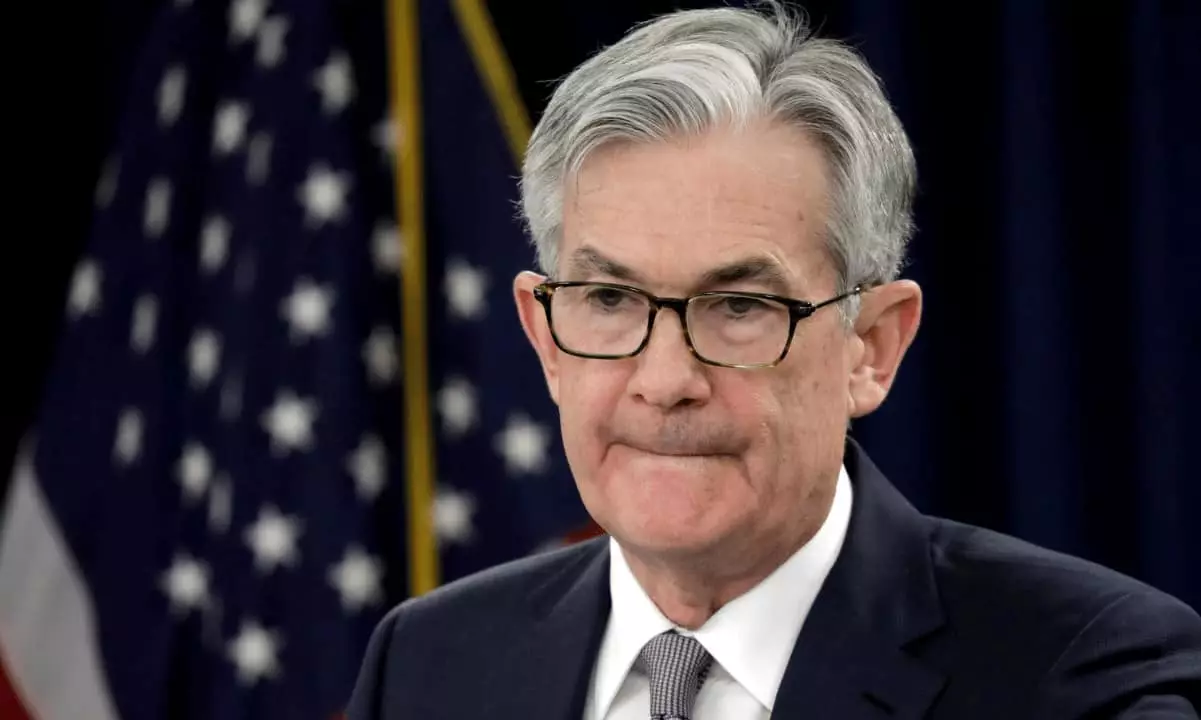In a decisive statement during a recent Senate Banking Committee hearing, Federal Reserve Chair Jerome Powell has put an end to speculation surrounding the introduction of a Central Bank Digital Currency (CBDC) in the United States. Responding to a pointed query from Senator Bernie Moreno (R-OH), Powell stated unequivocally, “Yes,” when asked if he would commit to ensuring that a CBDC would not become a reality during his chairmanship. This marked a significant pivot from past Federal Reserve discussions that had previously examined the implications and advantages of a digital dollar.
Powell’s position resonates with critics who have long expressed concerns regarding the risks associated with CBDCs. Advocates from think tanks like the Cato Institute have highlighted potential threats to individual privacy, financial autonomy, and overall market stability. Unlike the decentralized nature of cryptocurrencies such as Bitcoin, a CBDC would be centrally controlled, raising worries about government surveillance due to its traceable nature. The underlying fear is that a government-issued digital currency could pave the way for unprecedented oversight—leading to scenarios where transactions could be monitored and regulated more stringently.
The United States’ stance on CBDCs stands in stark contrast to the actions of several nations that have ventured into pilot programs and experiments with their own digital currencies. For instance, China has been at the forefront of this movement since launching its digital yuan pilot in 2020, with other countries like Russia, Turkey, and Japan following suit. In this international framework, Powell’s firm refusal to consider a CBDC illustrates a unique divergence in U.S. monetary policy, particularly under the previous Trump administration. Senator Moreno underscored this sentiment, arguing that Powell’s commitment ensures that the U.S. would not mirror the state-controlled digital currency initiatives of countries like China.
The discussion surrounding CBDCs in the U.S. has engendered significant political discourse, particularly among Republican lawmakers. Some have been vocal in their opposition, with recent legislative efforts—including a bill from Congressman Tom Emmer attempting to ban the Federal Reserve from issuing a CBDC—highlighting fears about governmental overreach. The rhetoric against CBDCs has only intensified with Trump’s executive order declaring a prohibitive stance on any efforts to promote or issue a CBDC by Federal agencies.
As Powell’s declarations suggest a steadfast commitment to traditional financial systems devoid of digital central bank currencies, these announcements might offer reassurance to individuals wary of their implications. The conversation around CBDCs raises essential questions about how financial technologies can balance innovation with personal freedoms and privacy. With a clear policy stance against adopting a CBDC, the Federal Reserve is sending a message that prioritizes individual rights in the evolving landscape of digital finance, potentially alleviating fears regarding state influence over personal economic activities.
While the global financial landscape evolves, the U.S. maintains a unique position that emphasizes traditional values surrounding financial privacy and individual freedoms, eschewing the rise of centralized digital currencies.

